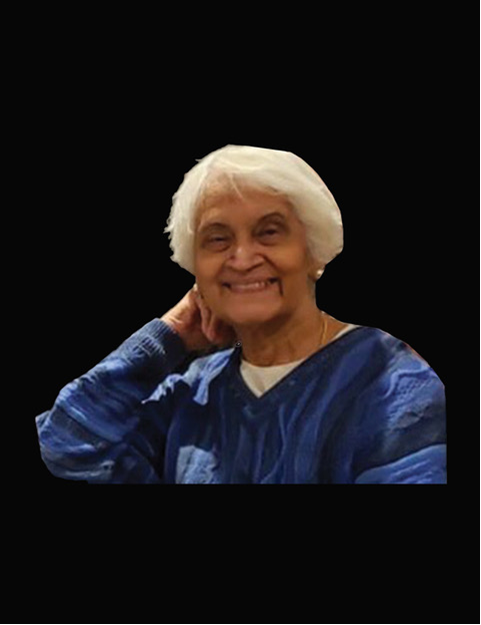Foreword

Domestic violence is not a new phenomenon. However, in these pandemic times, with increased isolation of couples in their homes, it has become a critical emergency. Many Immigrant women face additional cultural and social pressure to stay silent and take the treatment so as not to have the family lose face.
The book, Domestic Violence in Immigrant Communities: Case Studies could not have been better timed. The chapters in the book are organized in a way to offer the most guidance to social workers and lawyers working in the family court. To my mind, one of the most compelling sections is the one entitled “questions for reflection and discussion”. It tackles intersectional vulnerabilities, migration and trans nationalism and social policy and the law. Utmost in all this is the need to realize the trauma faced by these women when they are most vulnerable.
Legal terms, and steps to follow in family court, criminal court and the integrated domestic violence court are described in detail. Further, chapters on the legal aid system in Ontario on which many immigrant women depend, what help can be provided by the office of the children’s lawyer, and how domestic violence affects certain categories such as family sponsorship and refugee applications are all carefully and systematically outlined.
I have known Archana Medhekar over many years as a caring and compassionate lawyer, ever ready to help the most vulnerable in our society. Her co-authors and collaborators are all seasoned scholars and professionals with many years of research/work experience with immigrant women and families, many of whom have experienced violence. Real life cases emerging from closed legal case files highlighted in this book make for compelling reading.
It is now over fifteen years since I retired from full time work. I still remember, though, the extreme reluctance of many immigrant women to testify in bail court, even with guidance from duty counsel and the Victim Assistance program.
The authors of this book could not have chosen a better time to publish this book. I am sure it will be used as a good reference tool by anyone who will be dealing with family law matters in family and criminal court and domestic abuse hearings in bail court.
Meena Nadkarni
Retired Ontario Justice of the Peace and
Former Citizenship Court Judge
Media Attributions
- The text Foreword appearing behind torn brown paper © Michail_Petrov-96 is licensed under a All Rights Reserved license
- Meena Nadkarni
Family sponsorship is the second most common category of immigration for Canadians. An individual that is at least eighteen (18) years of age and holds a residential status in Canada (citizen, permanent resident or person registered under the Indian Act), is eligible to sponsor relatives. Predominantly, family sponsorship applies to spouse, partner, parents, grandparents and dependent children. Any individual is eligible to sponsor the previously mentioned individuals if they are able to support them financially, and ensure that they do not require social assistance from government services. To learn more about who may qualify for family sponsorship, visit Government of Canada - Family Sponsorship.
Refugee is a term used for, “a person who flees to a foreign country or power to escape danger or persecution” (Merriam-Webster Dictionary, n.d.). A Convention Refugee is an individual that is required to leave their country of residence out of fear. Specifically, if the fear is based on discrimination due to an individual’s race, religion, political opinion, nationality, or social group.


